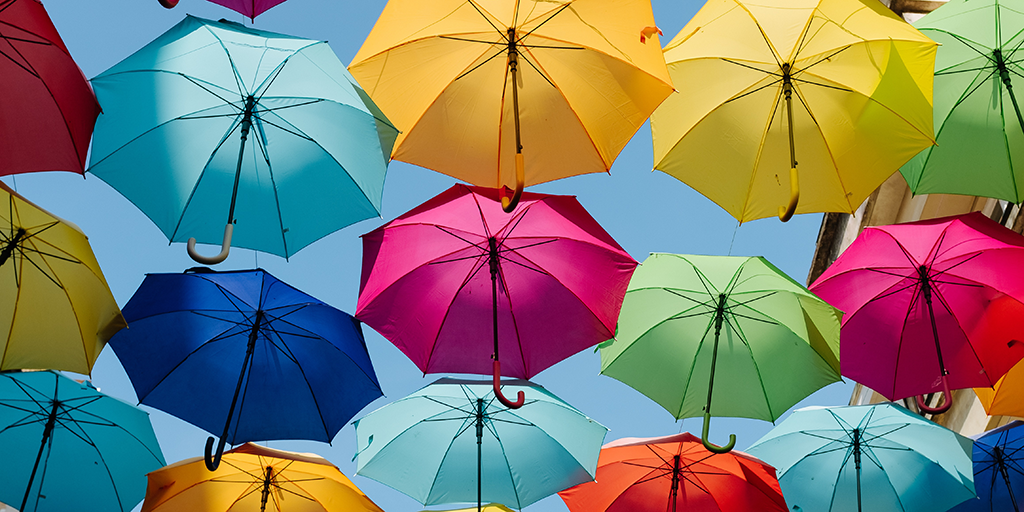
Your home is likely the largest purchase you’ll ever make and buying homeowner’s insurance is critical to protecting your investment. But coverage can vary based on the type of policy you purchase. With so much at stake, it’s crucial to understand what your policy does and does not cover before it’s too late. Here are five types of damage that aren’t typically covered by basic homeowner’s policies.
- Certain natural disasters. Most insurance policies cover damage caused by fires and winds from hurricanes, so you might assume that other types of damage caused by natural disasters are covered as well. But that may not be the case. Most basic policies don’t cover losses caused by earthquakes or floods. So, be sure to read your policy carefully. If you live in an area where these types of disasters are likely, consider purchasing a separate policy to cover damage caused by these events.
- Rodent or pest damage. Do you have an infestation of termites? Did a squirrel get into your attic and chew through some wires? Don’t expect your insurance company to pay for the damage. Carriers often view it as your responsibility to keep these critters out of your home and repair any damage they cause if they get in.
- High-value items. Most homeowner’s policies cover high value items such as jewelry or antiques up to a certain limit. But that limit is often lower than the amount you would need to replace the item. To ensure your valuables are protected, ask your insurance agent about adding a rider to your existing policy for the extra coverage you need.
- Normal wear and tear. There may be a hole in your roof but unless it was caused by a covered event, your insurance carrier is unlikely to pay for it to be fixed. Insurance policies don’t cover normal wear and tear on a home. So, if your roof (or any other part of your house) is getting old and needs to be repaired or replaced, you’ll be responsible for paying the bill.
- Flood damage. Do you live in an area that is frequently affected by Mother Nature? Most standard homeowners policies do not cover water damage caused by flooding. If you live in a high-risk flood zone or want to have the extra protection against weather conditions or levy issues, you might need to purchase a separate flood insurance policy.
To ensure you have the coverage you need, read your policy carefully. If an item isn’t specifically listed as covered, don’t assume that it is. If you have questions about your coverage, ask your insurance agent, so you’re not caught off-guard if you need to file a claim.






